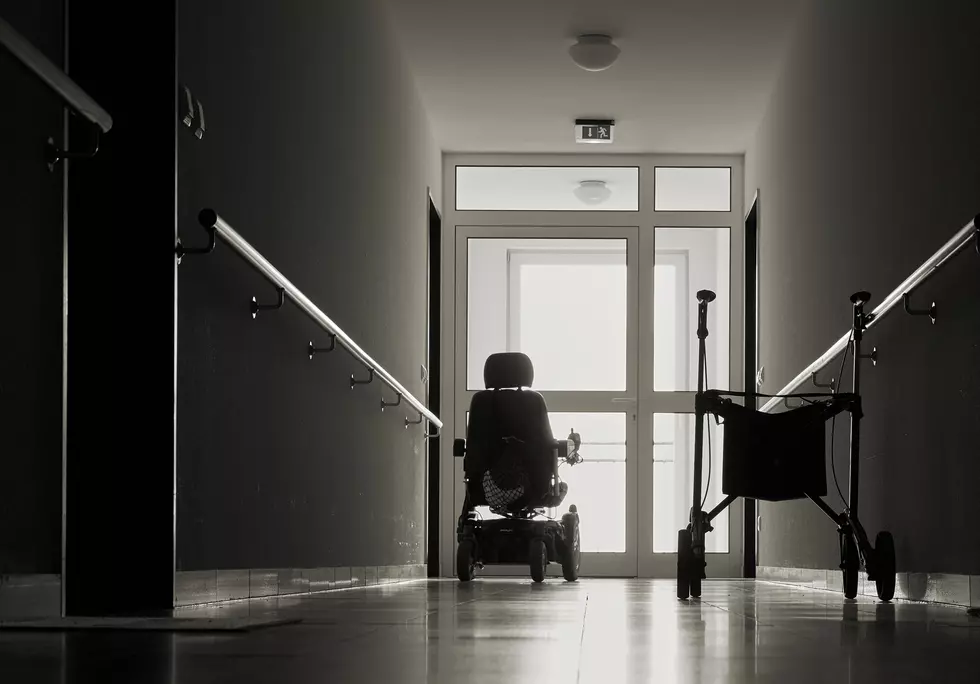What to do when elderly parents can’t take care of themselves
What happens when your elderly parents can no longer drive, manage their finances or take care of the business of everyday life?
Thursday night on a special New Jersey 101.5 Elder Care Town Hall, Mary Catherine Lundquist, the program director of the Rutgers University Behavioral Health Care COPSA Institute for Alzheimer’s Disease and Related Disorders, said having a conversation about the importance of signing a power of attorney document may be challenging — but it’s also vitally important.
She said you can start a conversation by expressing concern about your parent’s recent weight loss or a behavior that could signal a problem with medication. Tell them :“I want to make sure that I’m there for you if something happens and I can take care of you, so maybe we should look at your documents.”
Another approach is to share a story you heard about on the news. She gave as an example: “You know, I saw that somebody had an accident and their family didn’t know about what was going on because they didn’t have any power of attorney or health proxy.”
She said warning signs of a problem with an elderly loved one can vary.
“There might be something noticeable, like there’s a car accident or the electricity gets turned off because the person is messing up the checkbook and they can’t pay the bills, or it could be they start forgetting conversations they had with you very recently or they’re repeating themselves over and over,” Lundquist said.
She said there are many signals that may slowly start to emerge “so it’s good to kind of look at the overall picture and then get attention paid to it.”
Lundquist said if a parent objects to discussing the issue, try to be understanding .
“Because this is all very scary for someone, what’s the feeling underneath? People are afraid their independence is going to be taken away out of their homes," Lundquist said.
She said you can tell them “I know this is hard for you, it’s hard for me to talk about that but I want to reassure you that I want you to have everything that you want for yourself and I want to help you get that.
Elder care attorney Linda Ershow-Levenberg said if an adult child has power of attorney already and a parent begins to have noticeable cognitive impairment, the family may have to sit down and have a conversation.
“You can point out that 'You trusted me when you signed these documents. I want you to trust me that I’m going to help you straighten these things out now,'" Ershow-Levenberg said.
She said if a power of attorney agreement was not previously signed and an elderly parent becomes seriously mentally compromised but refuses to discuss the situation, the adult child must take action.
“They will need to file a court action for guardianship, and so what they’re going to be doing is getting two doctors evaluations to confirm incapacity," she said.
She stressed arraigning for a power of attorney ahead of time is like buying fire insurance for your house.
“You would never dream of not having fire insurance on your house. You probably won’t need to use it, it may sit there for many, many years, but you need it," she said.
You can contact reporter David Matthau at David.Matthau@townsquaremedia.com.
More From New Jersey 101.5 FM









